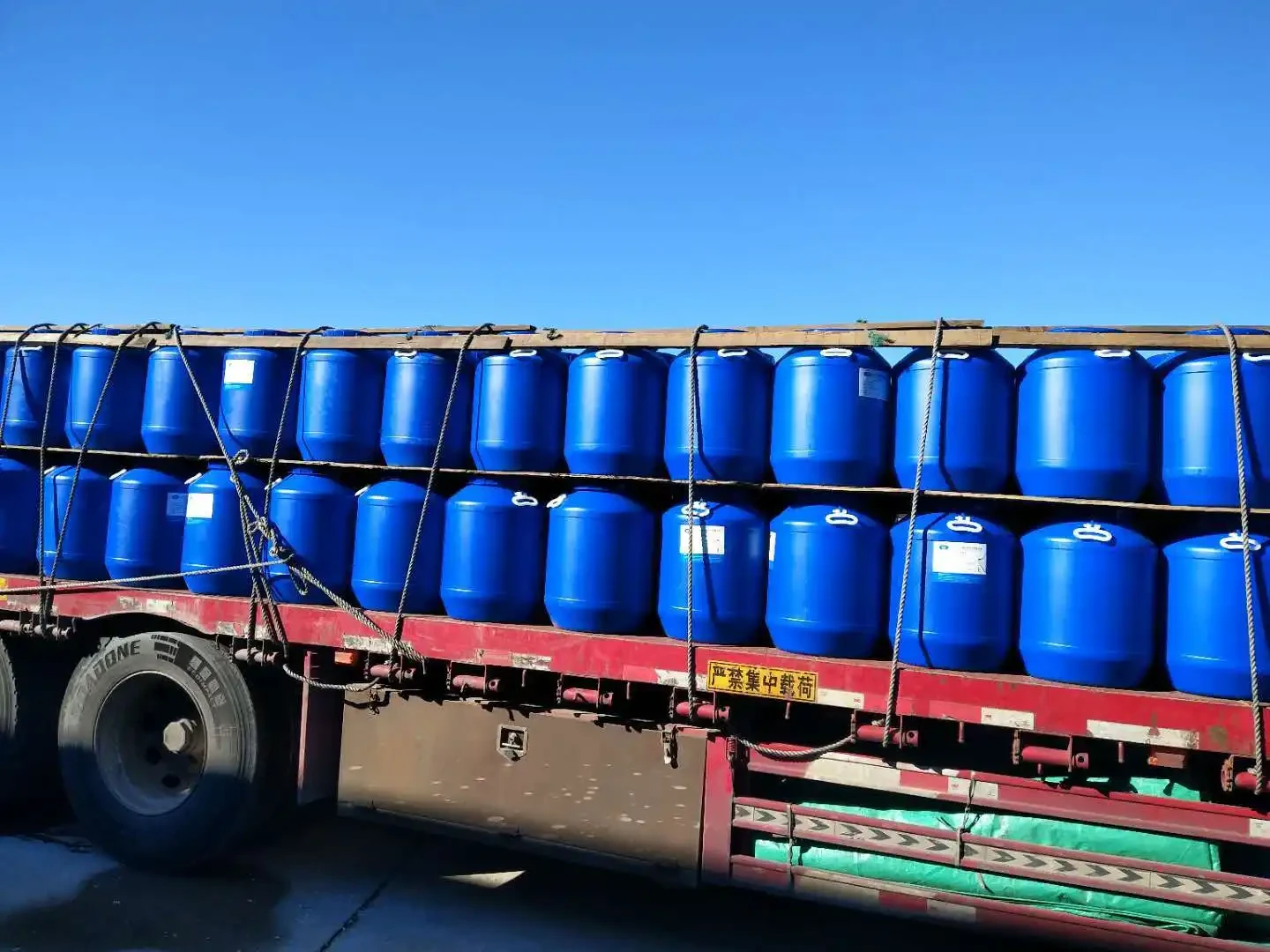cooling tower water treatment chemicals
Cooling tower water treatment chemicals play an essential role in maintaining the efficiency and longevity of cooling systems across various industries. These systems are critical for controlling temperatures in processes where overheating could lead to equipment failure or reduced productivity. However, the untreated water used in these towers can lead to serious issues such as scale formation, corrosion, and microbiological growth if not adequately managed.
One of the primary challenges in cooling tower maintenance is preventing mineral scale deposits. Scale forms when minerals in water, such as calcium carbonate, precipitate onto surfaces. This issue not only reduces the efficiency of heat transfer but can also lead to blockages that reduce the overall operational capability of the tower. To combat scaling, scale inhibitors are widely used. These chemicals, often composed of phosphates or polymers, interfere with crystal growth, preventing the minerals from adhering to surfaces.
Corrosion is another critical problem that cooling tower water treatment chemicals address. Exposed metal surfaces can corrode due to electrochemical reactions with water's dissolved oxygen and other oxidizing agents. Corrosion inhibitors work by forming a protective film on these surfaces, effectively preventing the reaction that leads to corrosion. Common types include orthophosphate and zinc salts, known for their effectiveness in various industrial applications.
Microbiological growth is a particularly insidious threat to cooling towers because it can cause system fouling. The proliferation of organisms like algae, bacteria, and fungi within a cooling system not only hinders its efficiency but can also pose health risks, such as Legionella outbreaks. Biocides are utilized to control microbiological growth, and they come in two types oxidizing and non-oxidizing. Chlorine and bromine-based products are common oxidizing biocides, while glutaraldehyde and isothiazolinone are frequently used as non-oxidizing alternatives. Each type serves a distinct purpose, targeting specific organisms and maintaining system cleanliness.cooling tower water treatment chemicals
For optimal results, the selection and combination of cooling tower water treatment chemicals should be approached with precision and expertise. It involves understanding the specific needs of a cooling system, the quality and source of the water being utilized, and environmental considerations. Engaging with professionals specializing in industrial water treatment provides the necessary assurance and insights.
Implementing a successful treatment program not only depends on the chemicals themselves but also on proper monitoring and maintenance practices. Regular testing of water quality parameters such as pH levels, alkalinity, and hardness can preemptively identify potential problems before they escalate. Automated dosing systems can further enhance precision in chemical applications, ensuring consistent protection and efficiency.
Moreover, the environmental and safety implications of using these chemicals require thoughtful handling and disposal practices. Regulations and guidelines exist to safeguard surrounding environments and workers, necessitating adherence to legal standards. The integration of eco-friendly and sustainable practices in choosing and applying these chemicals is increasingly critical, balancing operational needs with environmental stewardship.
In conclusion, cooling tower water treatment chemicals are indispensable for the effective maintenance and operation of cooling systems. By addressing challenges like scale, corrosion, and microbiological growth, these chemicals ensure ongoing efficiency and safety. As technological advances continue to evolve, the development and implementation of innovative treatment solutions will only enhance the performance and sustainability of industrial cooling processes. Ensuring a robust treatment strategy, supported by expertise and routine monitoring, is vital for the reliability and longevity of cooling towers.
More product recommendations



